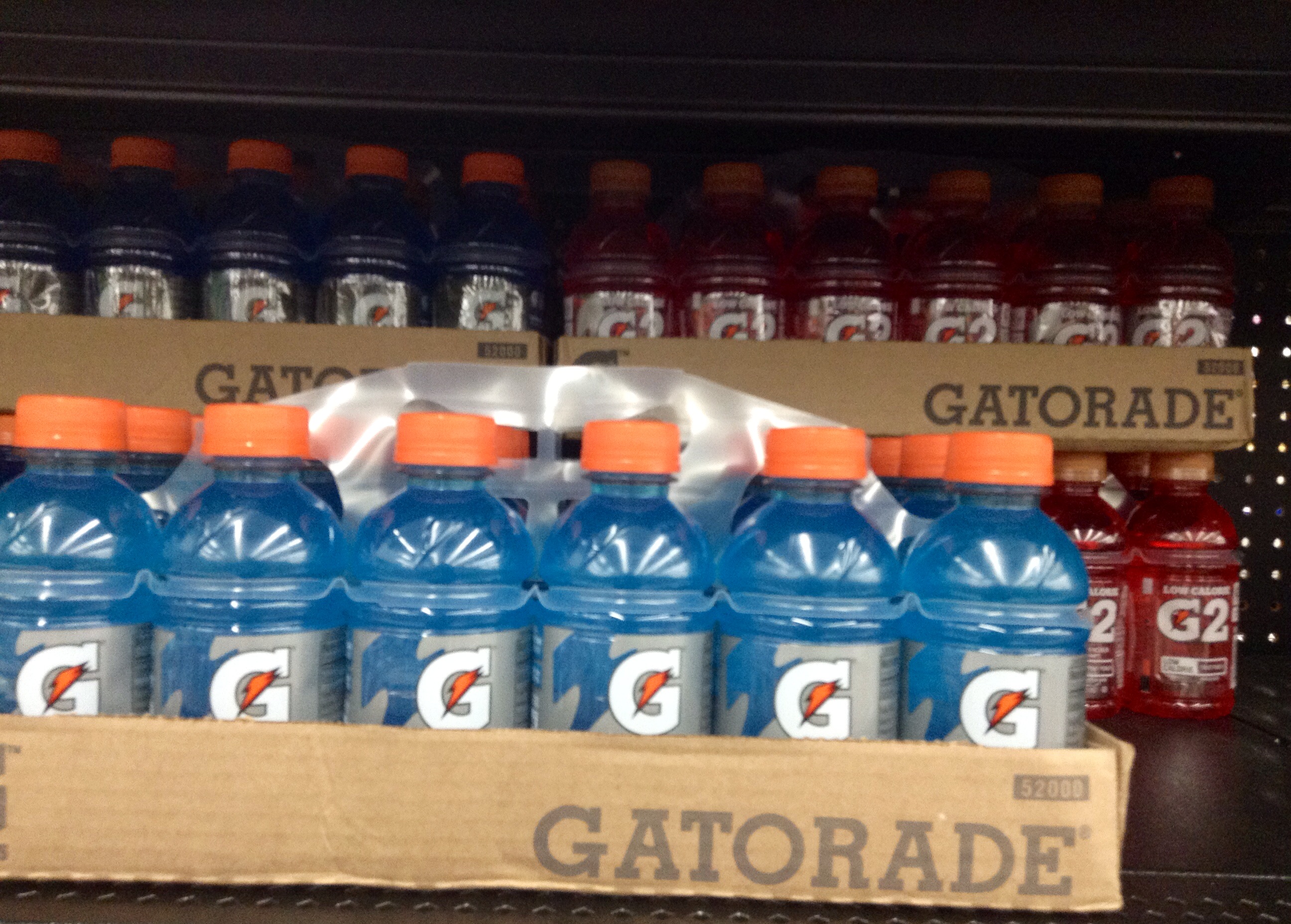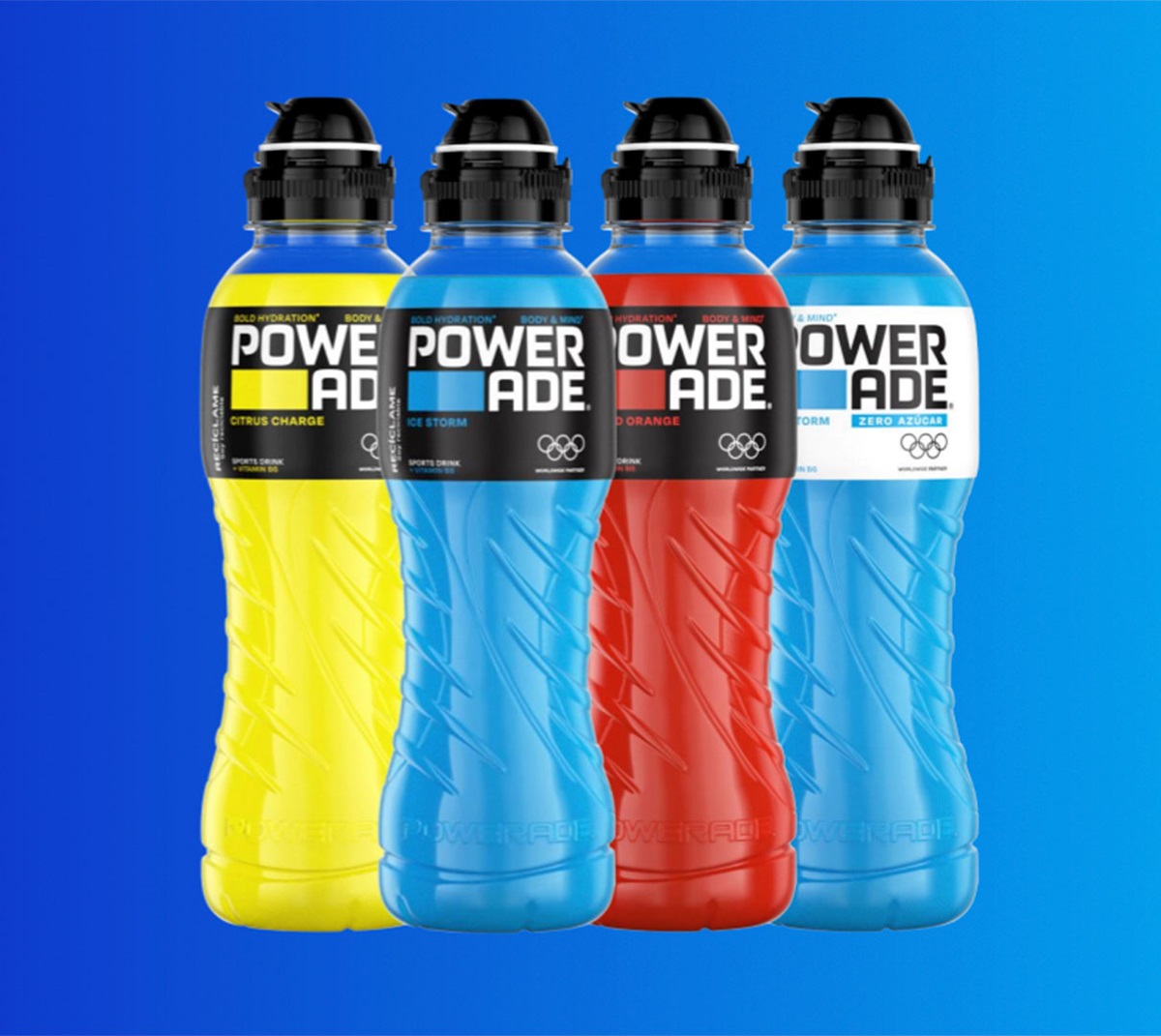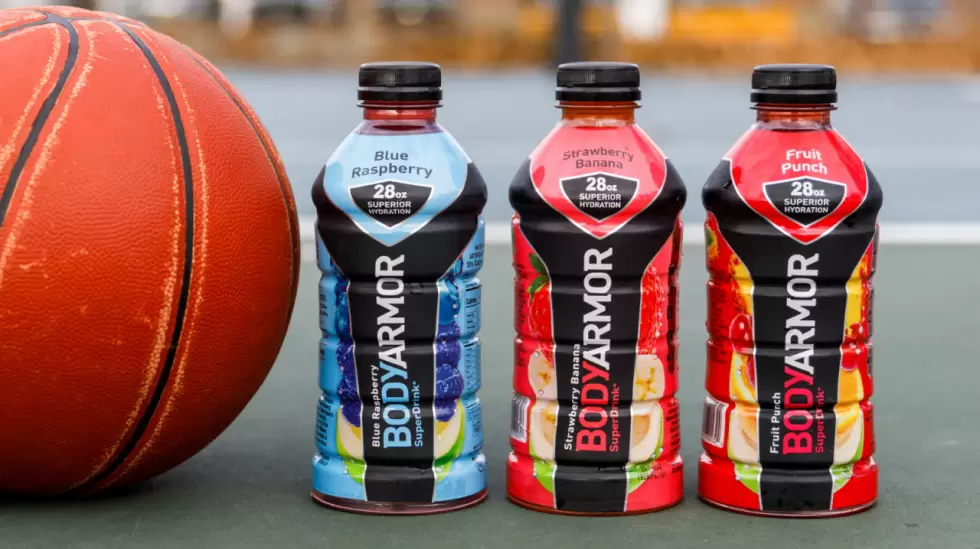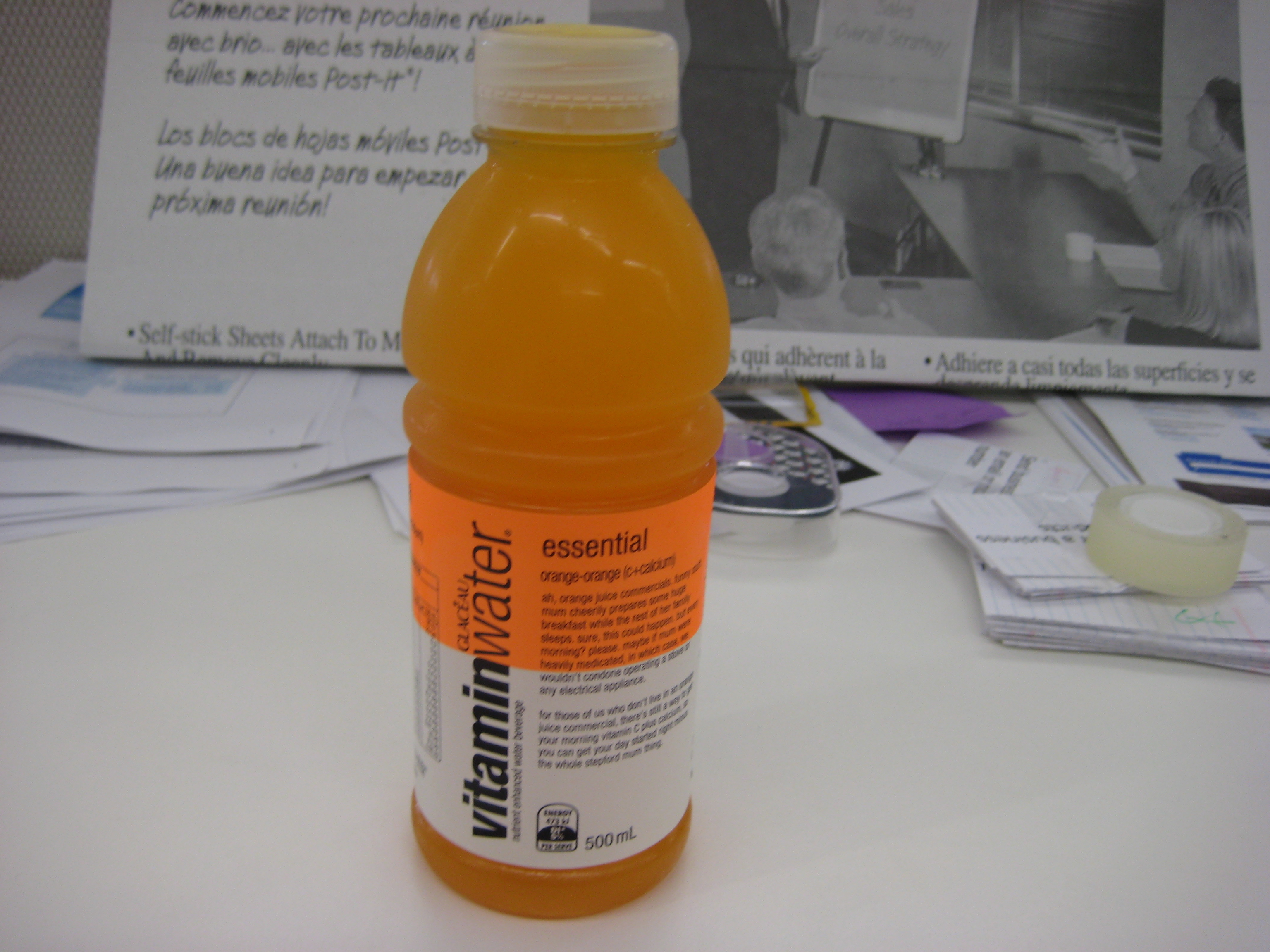Electrolyte Overload: The 6 Common Sports Drinks Quietly Harming Your Kidneys
Sports drinks have become a familiar sight on grocery shelves, fitness centers, and even office desks. With promises of greater hydration, faster recovery, and a boost of energy, it’s easy to see why so many reach for brightly colored bottles after exercise or simply to quench daily thirst. Yet these convenient beverages, designed originally for performance athletes, are not always harmless for everyone—especially when it comes to your kidneys. While most of us think hydration is always positive—and, for the most part, it is—trouble can arise when we drink more than our bodies need, or consume electrolytes in amounts that go beyond what our kidneys can comfortably process.
1. Gatorade: Electrolyte Flood for Everyday Drinkers

Gatorade is arguably the world’s most recognized sports drink, credited with fueling everyone from professional athletes to weekend joggers. Its original formula was designed to address fluid and salt losses during extended exertion—think marathon runners or football players in heavy gear. But over time, Gatorade’s bright bottles have become a go-to beverage even for everyday thirst, and that’s where problems may quietly emerge.
2. Powerade: Hidden Sugars and Sodium Concerns

Powerade, the biggest Gatorade competitor, promises similar benefits—with a twist of added flavors and a slightly different mix of sugars and minerals. Many grab a bottle after a gym session, thinking the beverage delivers a quick hydration fix. But like many sports drinks, Powerade contains a hefty dose of sugars, along with sodium and potassium. While these ingredients help replenish what’s lost during intense physical activity, they can cause trouble for the kidneys and blood vessels if consumed without a real need for them.
3. BodyArmor: Coconut Water and Potassium Pitfalls

BodyArmor differentiates itself in the sports drink aisle by using coconut water—a natural source of potassium—as its base. The appeal of “natural” electrolytes has fueled BodyArmor’s rise, but it also brings a hidden hazard for anyone with vulnerable kidneys. Coconut water, while hydrating for many, is surprisingly high in potassium, which can be especially dangerous for those managing kidney conditions or following a restricted diet.
4. Vitaminwater: Electrolytes with Sneaky Additives

Vitaminwater positions itself as the “healthy” alternative to soda—a splash of vitamins, a handful of electrolytes, and sweet flavors that make plain water seem almost dull. This reputation has made it a popular choice for people aiming to hydrate smarter. But beneath the friendly label, many Vitaminwater varieties deliver more than hydration: added sugars, sodium, and sometimes phosphate-based ingredients that can add stress to aging or vulnerable kidneys.
5. Propel: Electrolytes without Calories, But Not Without Risks
Propel stands out in the sports drink crowd for what it leaves out: sugar and calories. Marketed as a zero-calorie hydration option, Propel still includes electrolytes and sometimes even phosphate additives, similar to its higher-calorie cousins. This combo can make it tempting to drink several bottles a day—after all, there’s no “guilt” from sugar or calories, right? However, those extra electrolytes may still pose a challenge for sensitive kidneys when consumed in quantity.
6. Coconut Water Sport Blends: High Potassium—Not Just for the Beach
Once a niche specialty, coconut water has gone mainstream—especially in hybrid “sport” drinks combining coconut with added electrolytes for an extra boost. The marketing speaks of nature, wellness, and hydration, but the real story is in the potassium content. For the average healthy person, occasional coconut water isn’t an issue. But for anyone with reduced kidney function, high potassium levels can cause more harm than good—sometimes raising potassium in the blood to dangerous levels, a condition known medically as hyperkalemia.
Empowering Kidney-Friendly Choices Every Day

At the end of the day, sports drinks can play a useful role for those pushing their bodies to the limit. Yet, as with so much in life, context and moderation matter. The ingredients that make these drinks so effective on the field can work against us when sipped casually, especially for those dealing with kidney health concerns or aiming to protect those resilient little organs for years to come. Instead of labeling any particular beverage as “off-limits,” we encourage you to take a gentle, curious look at your own habits and health status.